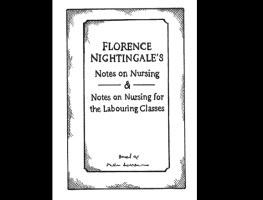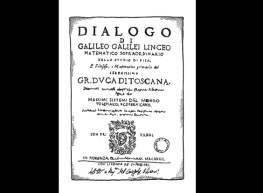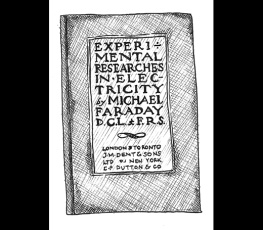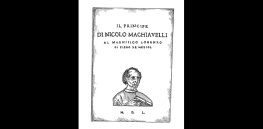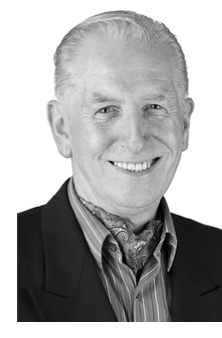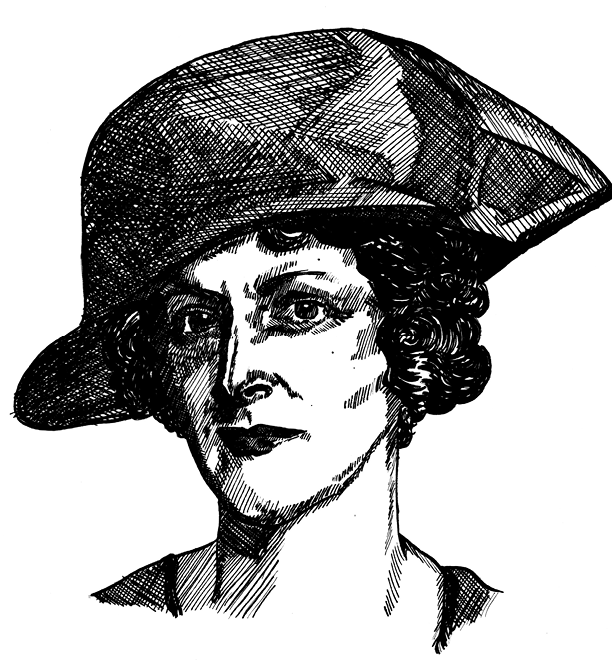AMAZING
CAREERS DR CHARLES MARGERISON The Amazing People Club Amazing Careers Published by Viewpoint Resources Ltd
Trading as The Amazing People Club Ltd Viewpoint Resources Ltd
10 Grange Road, West Kirby, Wirral, Merseyside, England C48 4HA
Tel: +44 (0) 151 625 2332
Fax: +44 (0) 151 625 9961
Web: www.amazingpeopleclub.com All rights reserved. No part of this publication may be reproduced, stored in a retrieval system, or transmitted in any form or by any means, electronic, mechanical, photocopying, recording or otherwise, without the written permission of the copyright holder. This publication is provided subject to the condition that it shall not, by way of trade or otherwise, be lent, sold, hired out or otherwise circulated without the publishers prior consent, in writing, in any form of binding other than that in which it is published and without a similar condition, including this condition, being imposed on the subsequent publisher. Disclaimer
BioView and the Amazing People Club are registered trademarks.
The published materials, under these marks, represent the views of the author. A BioView story is a scripted virtual interview based on research about a persons life and times. As in any story, the words indicate only an interpretation of what the individuals mentioned in the BioViews could have said.
While the interpretations are based on available research, they do not purport to represent the actual views of the people mentioned. The interpretations are made in good faith, recognizing that other interpretations could be made. The inverted commas used in the BioViews give an indication of possible dialogue in the context of the story. The author and publisher disclaim any responsibility from action that readers take on the BioViews for educational or other purposes. Any use of the BioView materials is the responsibility of the reader and should be supported by their independent research. We recognize there are different conventions on the spelling of words in what we shall call British English and American English.
Within our titles, we have chosen to adopt the spelling style the featured individuals would have used to ensure the BioViews are as authentic as possible. ISBN 978-1-921629-36-5

The Author
Dr Charles Margerison is a Chartered Psychologist, a member of the Royal Institution and the Royal Society of Literature. He is Chairman of Viewpoint Resources Ltd, a publishing organization, and the founder of The Amazing People Club. Previously, he was Professor of Management at the University of Cranfield, UK, and also at the University of Queensland, Australia. He is the co-founder of Team Management Systems and the Chairman of Bell Hughes Music Group. The author of more than ten books on management issues, Dr Margerison has also written an innovative continuing professional development system, called
The Communication and Problem Solving Resource.
This provides educational support resources for the use of the Amazing People Club series in schools and colleges. The Amazing People Club series commenced when Dr Margerison wondered what people like William Shakespeare, Marie Curie, Abraham Lincoln, and other great achievers would have said if he had interviewed them about their life and work. He decided to research the known facts about their lives and write up what he thought they would say. In particular, he focused on the psychological issues associated with their personalities and how they used their time and talents well in order to achieve. The stories give us an insight into their motivation and relationships with other people. This unique range of stories is presented via a new concept called BioViews that combines a biography with a virtual interview.
The stories are an interpretation of the lives of amazing people, as in a theatre play. Each one is presented as if the person is talking to you personally. There are no full stops, as in traditional writing, except at the end. The intention is to create the flow of conversation. BioViews offer new and interesting ways of understanding major contributions to our world by amazing people.
Introduction
When did William Shakespeare decide that he could make a full time career as a playwright? How did Albert Einstein choose to make a career as a scientist, particularly when he had difficulties gaining a higher education? It is interesting to consider how we choose our careers and whether they fit the way we want to live our lives? We are what we do.
Introduction
When did William Shakespeare decide that he could make a full time career as a playwright? How did Albert Einstein choose to make a career as a scientist, particularly when he had difficulties gaining a higher education? It is interesting to consider how we choose our careers and whether they fit the way we want to live our lives? We are what we do.
That is increasingly reflected in the careers we choose. In my work as a psychologist, I studied those who had challenging careers that can inspire and guide everyone. Everyones career path is unique. It is important to develop your talent and the opportunity to use it. Wolfgang Mozart was composing music at the age of five and became a touring artist in the European capitals before he was ten years of age. Other peoples talent did not show itself till later in life.
Charles Darwin took over 20 years to decide to publish his research On theOrigin of the Species. Career opportunities have also dramatically changed over the years. For example, many women are pursuing careers in a way that would not have been possible 50 years ago. For this reason, we celebrate women who have succeeded in developing careers, showing what can be achieved with determination and skill. A number are featured in this book. Some of them, like Eva Peron and Nancy Astor have been commemorated while others, like Rosalba Carriera and Marie Luders are unsung heroines.
Both the men and the women in the book made a difference to the lives of others. They used their time well and their legacies are inspirational. We can all learn a great deal from their lives. Dr Charles Margerison
Nancy Astor
1879 1964
Until 1919, all Members of the British Parliament were men That is when I disturbed their peace Two things, in particular, disturbed them Firstly, I was the first woman to take a seat in Parliament Of equal concern was, that, I was American To many Members of Parliament, this added insult to injury How dare a woman from one of the old colonies return to taunt them? If a woman had to be allowed in, why not an English woman? This was the atmosphere surrounding my win at Plymouth Sutton For years and years, Parliament had debated giving women the vote There was more talk, than action, until the suffragettes took to the streets Only in 1918, did women over 30 years of age get the vote Ironically, the first woman elected to Parliament was not a suffragette Nor was I the first to be elected Countess Markievicz, the Irish patriot, had that honor It was an honor that she did not accept She was a member of Sinn Fein, the Irish liberation movement Although elected, she refused on principle to take her seat in Parliament It would have been difficult anyway, as she was in prison She was captured during the Easter Rising of 1916, in Dublin Therefore, the first woman elected to Parliament was a convict I was born in Virginia, the first British Colony in America One of five sisters, known as the Gibson Girls My parents called me Nancy Witcher Langhorne We were raised in the privileged surroundings of a rich family Therefore, I had an American accent and colonial heritage Many members of the House reflected on the irony I was too busy to worry about the past It had not been pleasant to me My first marriage was to Robert Shaw in 1897 It was not a good choice, though it did result in the birth of my first son We divorced in 1903 and I left the USA Mainly due to my husbands drinking problem Arriving in England, I settled into a new single lifestyle In 1906, I met and married Waldorf Astor Born in the USA, on the same day as me He was attractive and came from a rich family Also, he was a Member of Parliament for Plymouth Sutton In 1919, he succeeded to the peerage and joined the House of Lords To do this, he had to renounce his elected position We agreed that I should stand for election to take his place The good people of Plymouth Sutton agreed and elected me The majority felt I would do the job well, American or not So, that is what I did from 1919 to 1945 It was a tremendous responsibility and challenge

